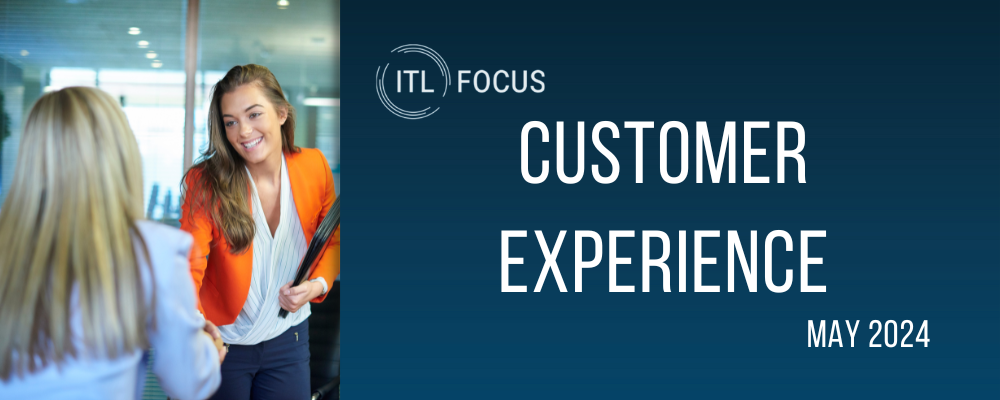|
My request of insurance companies for some time has been that they provide a customer experience like airlines do.
That surely sounds odd. Airlines are known for awful service. But they've started doing a small thing that I find useful and that insurers should aim to duplicate.
Whenever I have to change planes--and having Sacramento as my home airport means I have to change planes to get just about anywhere--I have a text notification waiting for me when I land, telling me what gate my next flight leaves from and what the estimated departure time is.
Now, I'm fully capable of walking down a couple of gates and finding a board to consult, but the notification saves me at least a little time and can either provide some reassurance if I find myself with a tight connection or let me know I'd better hustle. The text also suggests that the airline is paying attention to me and maybe even cares--though decades of sometimes heavy travel have taught me otherwise.
If airlines can send those texts and if FedEx, UPS and the U.S. Post Office can now let us track where a package is at any moment, why can't insurers keep us posted about the status of a policy application or a claim?
I'm not suggesting anything fancy, at least for now, just something like: "We received your application, are reviewing it and expect to get back to you within X days." Or, "We've received your claim. are gathering information on replacement parts and will update you in X days."
I realize that updating customers on a policy submission, let alone a claim, is far more complicated than telling me what my next gate is. I also realize that some insurers have started moving in the direction I'm suggesting. But I've also seen that customers don't care much about the complexity that companies have to overcome. They've become used to the notifications from delivery services, airlines and other businesses are doing and will hold everyone to that sort of standard.
In this month's interview, Denise Garth, chief strategy officer at Majesco, takes my request a step further. She says companies have to get beyond the focus on digitizing and removing friction for customers. She says delivering a great customer experience now has to start with the actual products and services we sell. They have to be personalized.
We need to be "looking at risk more individually and at how customers live their lives," Denise says.
She adds that the thinking about customer experience needs to be driven by a strategy that encompasses the whole company. If you let each business line optimize the customer experience for, say, claims in its own way, then the customer has to learn a new way of interacting with you every time they touch a different part of the company... which is far from optimal.
Denise is always an interesting interview, and I think you'll enjoy this one.
Cheers,
Paul
|


